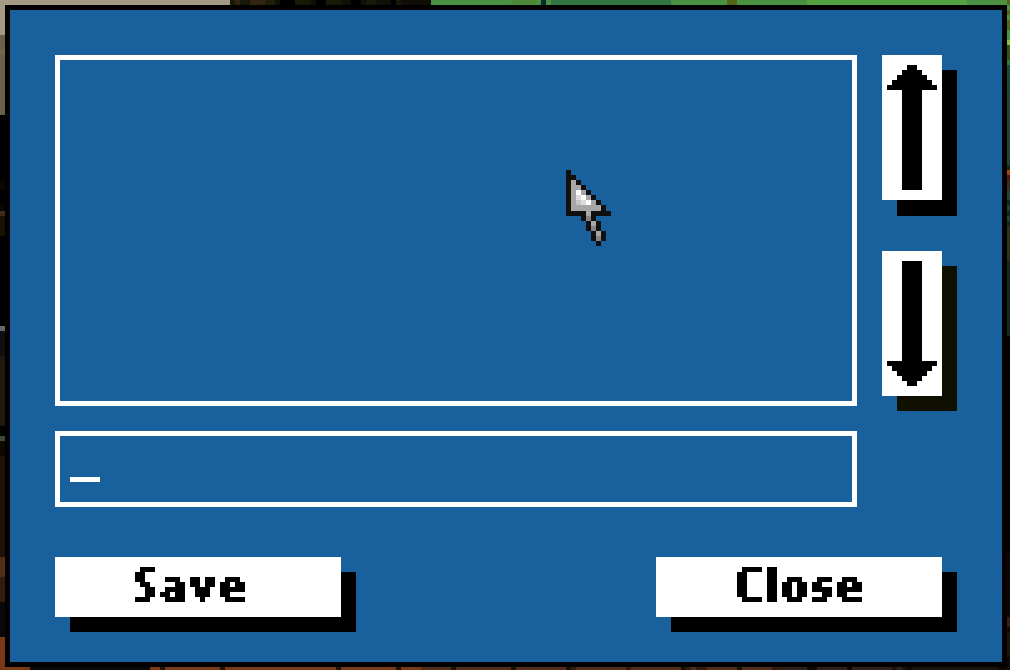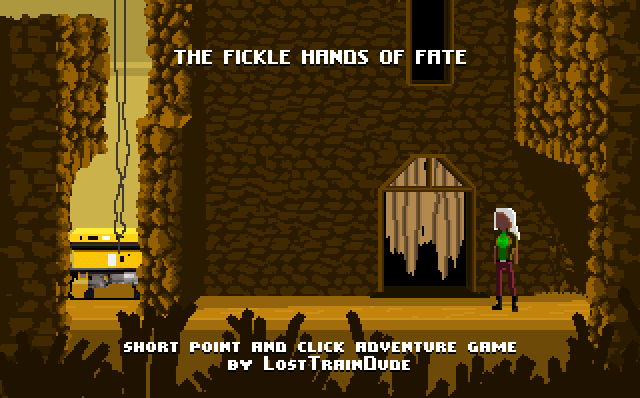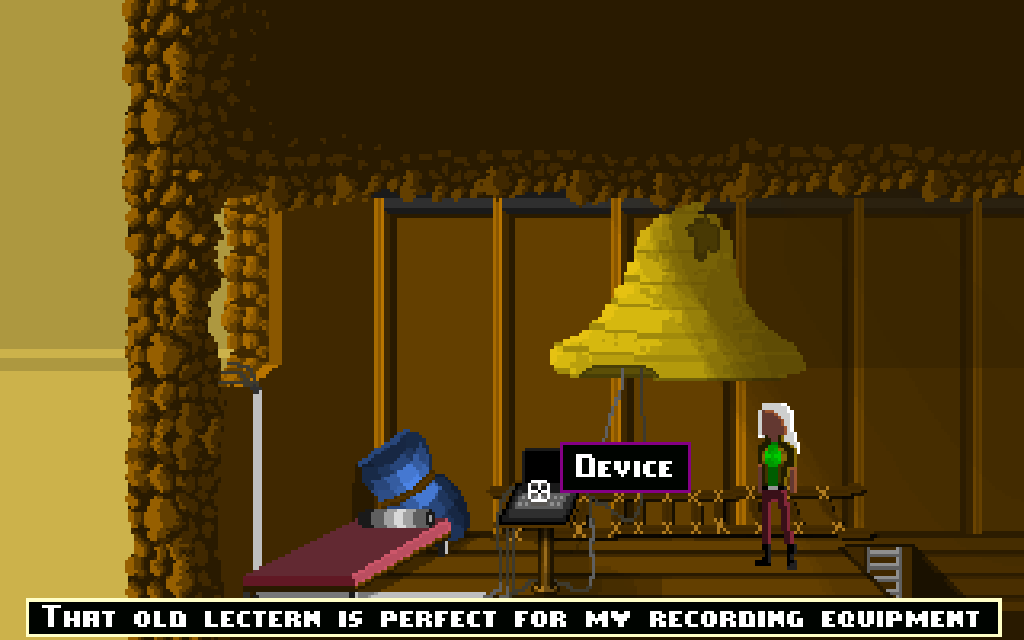Quote from: eri0o on Fri 17/08/2018 16:10:20
Hey, you forgot to show the function GetDistance.
You're right!
Here it is:
int GetDistance(int x1, int y1, int x2, int y2)
{
float x1f = IntToFloat(x1);
float x2f = IntToFloat(x2);
float y1f = IntToFloat(y1);
float y2f = IntToFloat(y2);
float a = Maths.RaiseToPower((x2f - x1f), 2.0);
float b = Maths.RaiseToPower((y2f - y1f), 2.0);
float d = Maths.Sqrt(a + b);
int dist = FloatToInt(d);
return dist;
}


 )
)













